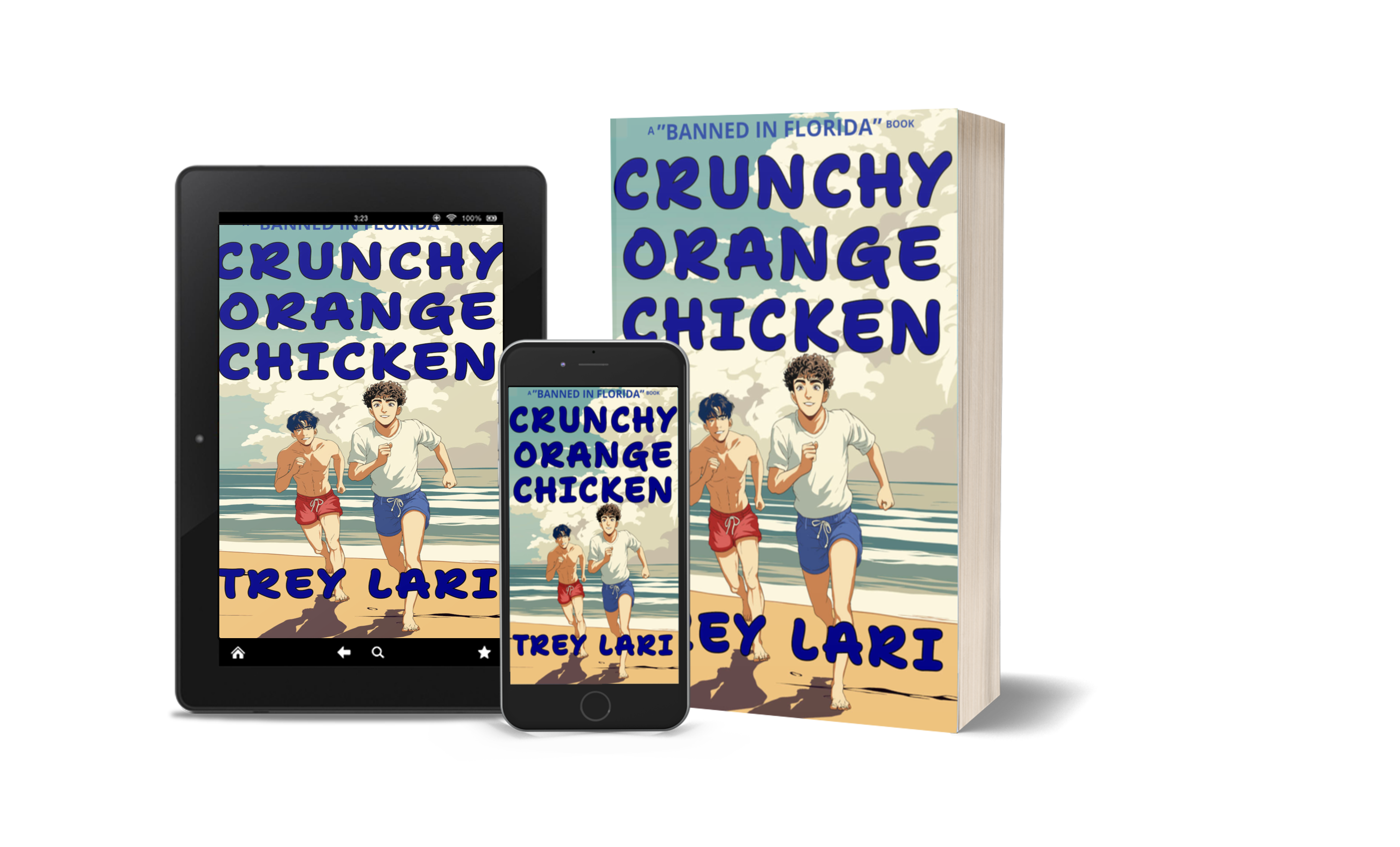Publishing Pitfalls: Don't Let Legal Gotchas Derail Your Book
Writing a book is no walk in the park. You've created multiple drafts, poured creativity onto the page, and now you're finally ready to publish your literary masterpiece.
Before you hit "publish," there are some serious legal pitfalls every author needs to be aware of. Dealing with these issues on the back end is way harder than getting it right from the start. And you don't want an ugly lawsuit raining on your book launch parade.
Let's explore the big publishing gotchas and how to avoid them:
Using Other People's Content Without Permission
We've all been there - finding the perfect poem, lyrics or image to include in your book. Just one problem? That content wasn't created by you, which means you can't just use it without acquiring legal permissions and potentially paying licensing fees.
Yep, that's right - including third-party content like song lyrics or photographs without the proper rights can open you up to copyright infringement claims. And trust me when I say those penalties are no joke. Do yourself a favor and stick to your own 100% original content as much as possible.
It's okay to mention titles of books, songs, movies, and such, but quoting dialogue or lyrics can land you in legal limbo.
If you absolutely must include excerpted third-party materials, get the process started ASAP to obtain written permissions. It's a complicated process, but it beats those hefty infringement fines down the road.
The Font Fiasco
You've written the words, but what about the appearance of those words on the page? If you're publishing a print book or ebook, you'll need to review font licensing agreements carefully.
Tons of awesome free fonts are out there for digital use. But making it into an actual printed book often requires licensing those fonts directly from the creators or distributors. Don't count on being able to use that cool new font for your print interior or cover without paying up! Contrary to what you might think, just because fonts came installed on your computer, doesn't mean they are licensed for publishing your book.
If you're publishing on the cheap, hit up Google and Font Squirrel for typefaces that are free for print use.
Disclaimer Debacle
Whether you're writing fiction or non-fiction, a clear disclaimer is a must for authors today. Disclaimer? You might be thinking. What's there to disclaim?
Well, even if your book is technically "fiction" there could be elements inspired by real people or events. A carefully-crafted disclaimer stating that any resemblance is unintentional and all characters/situations are fictional provides you with some legal cover against defamation claims.
In memoir or other non-fiction genres, a disclaimer around changing names and identifying details to protect privacy is also important. The last thing you want is to get slapped with an ugly defamation suit after pouring your heart into your book.
Rights Retained (or Not?)
And now for perhaps the most important legal gotcha of all - making sure you actually retain your full rights over your published work.
In certain employment situations, there are "work for hire" clauses that can actually make your creation the legal property of your employer rather than you as the individual creator. Same goes for overly broad publishing contracts - you want to cede as few rights as possible.
The solution is simple: read every single contract carefully and get it reviewed by an attorney if needed. Protect your rights to your creative work at all costs. You've worked too hard for it to end up owned by someone else!
At the end of the day, a little preventative legal work upfront is way better than a messy battle after the fact. Do your due diligence, educate yourself on the issues, and your book can happily make its way out into the world without any nasty surprises.
So go forth and publish! Just be sure to cross those legal T's first. Your future bestselling self will thank you.
[Speaking of disclaimers: I am not a lawyer and this is not legal advice, but merely a heads-up on issues you should explore with your attorney. Laws vary by jurisdiction.]
